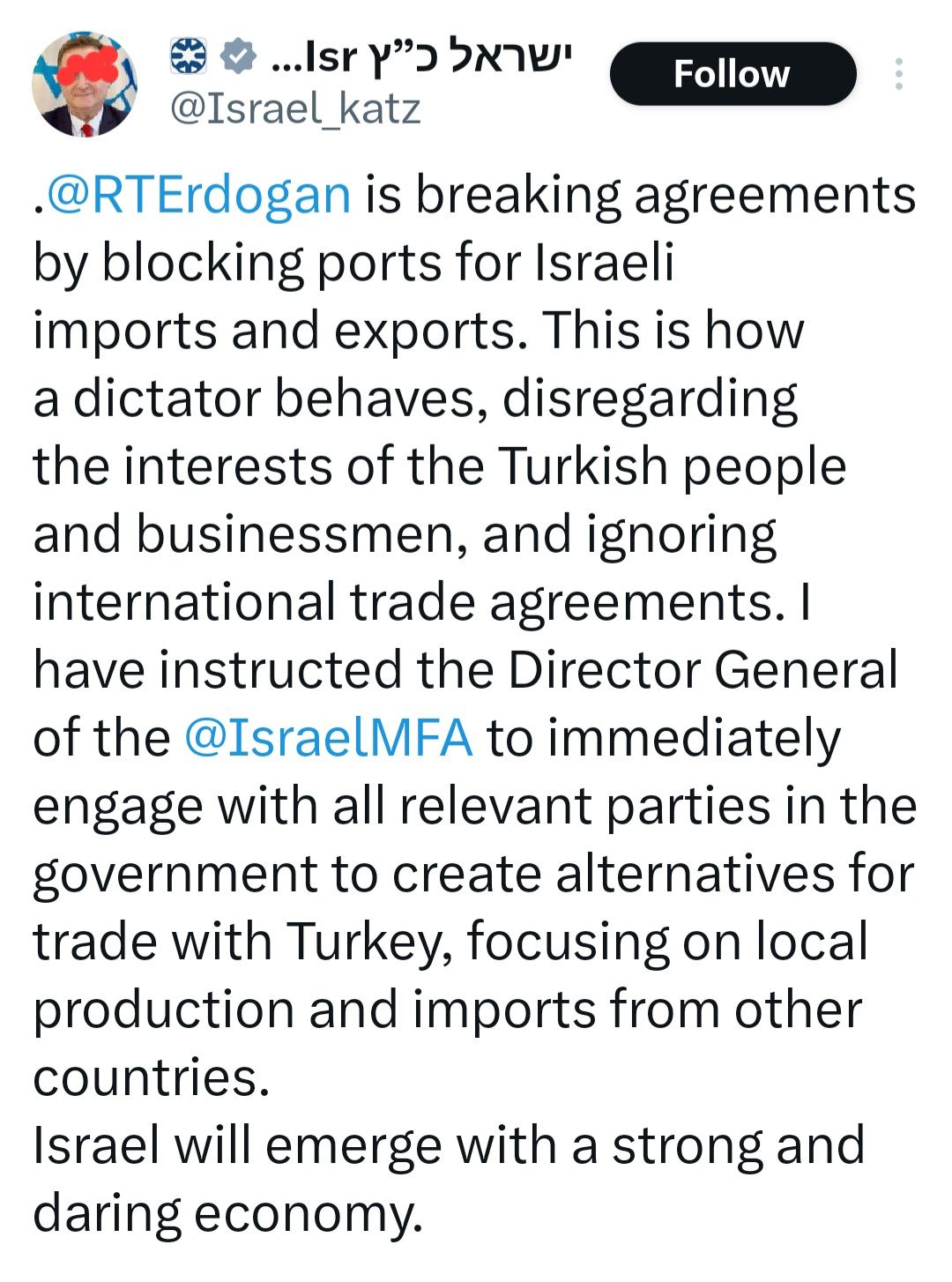In The Name of Allah, The Most Merciful, The Bestower of Mercy.
Shaqeeq [may Allah have mercy upon him] reported that it was said to Usamah Bin Zayd [may Allah be pleased with him], “Why don’t you visit Uthman [may Allah be pleased with him] and speak to him?” So, he said, “Do you think that I have not spoken to him except if I make you hear (about it)? By Allah! I have spoken to him (about affairs) concerning me and him, and I did not like to divulge those things about which I had to take the initiative and I do not say to my ruler, ‘You are the best among people’ after I heard Allah’s Messenger [peace and blessings of Allah be upon him] saying, ‘A man will be brought on the Day of Resurrection and thrown in Hell-Fire and his intestines will pour forth in Hell and he will go round along with them, as an ass goes round the mill stone. The inhabitants of Hell would gather round him and say, ‘O, so and so! What has happened to you? Were you not enjoining us to do what was good and forbidding us to do what was evil? He will say, ‘Of course, it is so; I used to enjoin (upon people) to do what was good but did not practice that myself. I had been forbidding people to do what was evil, but did it myself”. [1]
Waa’il [may Allah have mercy upon him] reported that it was said to Usamah Bin Zayd [may Allah be pleased with him], “Will you go to so-and-so [i.e. Uthman – may Allah be pleased with him] and speak to him (i.e. advise him regarding rulership of the country)?” He said, “You see that I don’t speak to him. I speak to (advise) him secretly without opening a door because neither do I want to be the first to open it nor will I say to a man who is my ruler that he is the best of all the people after I have heard something from Allah’s Messenger [peace and blessings of Allah be upon him] said”. They said, “What have you heard him saying?” He said, “I have heard him saying, “A man will be brought on the Day of Resurrection and thrown in the (Hell) Fire, so that his intestines will come out, and he will go around like a donkey goes around a millstone. The people of (Hell) Fire will gather around him and say, ‘O so-and-so! What is wrong with you? Didn’t you use to order us to do good deeds and forbid us to do bad deeds?’ He will reply, ‘Yes, I used to order you to do good deeds, but I did not do them myself, and I used to forbid you to do bad deeds, yet I used to do them myself'” [2] [Footnote a]
Regarding the statement: “I speak to (advise) him secretly without opening a door “. Al-Aynee [may Allah have mercy upon him] said: Meaning, without opening one of the doors of temptation. I speak to him to pursue a Maslahah [aiming to bring about positive outcomes and deter negative or evil ones] and not to incite temptations, as openly disapproving of the rulers can be perceived as a form of rebellion, carrying insults that lead to division and schism within the unified body of Muslims under the authority of the ruler. [3] Al-Qaadhi Iyaadh [may Allah have mercy upon him] said: Meaning, “I do not wish to be the first to open this door”, which is expressing open disapproval and directing it toward the rulers, and its evil consequences, as was the case when they openly disapproved of Uthman [may Allah be pleased with him] which led to the shedding of his blood and the subsequent turmoil that ensued”. [4]
Al-Allaamah Rabee Bin Haadee al-Mad’khali [may Allah preserve him] said: Uthman [may Allah be pleased with him] was one of those who restrained the people from bloodshed the most as well as that of the people who violated his honour. Shaikh Al-Islaam Ibn Taymiyyah [may Allah have mercy upon him] said, “What is well known through successive numerous narrations is that Uthman [may Allah be pleased with him] was one of those who restrained the people from bloodshed the most, exercised patience the most regarding the affair of those who violated his honour and those who made a determined attempt to shed his blood, so they besieged him and endeavoured to kill him, and he knew their desire to kill him. The Muslims came to him from every place to help him and indicated to him to fight the besiegers, but he commanded them to refrain from fighting and commanded those who obeyed him not to fight. He said to his slaves, ‘Whoever restrains his hand is freed’. It was said to him, ‘Will you go to Makkah?’ He said, ‘I will not be amongst those who commit evil in the sacred house’. Then it was said to him, ‘Will you not go to Syria?’ He said, ‘I will not leave my place of Hijrah (i.e. Madeenah)’. Then it was said to him, ‘Fight them’, he said, ‘I will not be the first in the Ummah of Muhammad [peace and blessings of Allaah be upon him] to unleash the sword after the departure of Muhammad’. Uthmaan’s patience until he was murdered is one of his greatest virtues in the sight of Muslims”. [5]
Imam Ibn Al-Qayyim [may Allah have mercy upon him] said, “Upon realising that he would face death based on his observations of the events and signs, Uthman [may Allah be pleased with him] chose not to engage in fighting or self-defence to prevent conflict among the Muslims. He preferred to be killed rather than (initiating) fighting between Muslims”. [6]
Footnote a: “A man will be brought on the Day of Resurrection and thrown in the (Hell) Fire, so that his intestines will come out, and he will go around like a donkey goes around a millstone. The people of (Hell) Fire will gather around him and say, ‘O so-and-so! What is wrong with you? Didn’t you use to order us to do good deeds and forbid us to do bad deeds?’ He will reply, ‘Yes, I used to order you to do good deeds, but I did not do them myself, and I used to forbid you to do bad deeds, yet I used to do them myself'”. [Saheeh Al-Bukhari 3267] Al-Allaamah Rabee Bin Haadi al-Mad’khali [may Allah preserve him] said, “Indeed, there may be someone worse than this man because he [i.e. the one worse than the man mentioned in this Hadeeth] enjoins evil and forbids good, so what will be his state of affairs, and Allah’s Refuge is sought?!” [7]
To be continued…InShaaAllah
[1] Saheeh Muslim 2989
[2] Saheeh Al-Bukhari 3267
[3] Umdah Al-Qaaree Sharh Saheeh Al-Bukhaari. 15/166
[4] Ik’maal Al-Mu’allim Bi-Fawaa’id Muslim 8/538]
[5] An Excerpt from Al-Mukhtaaraat Al-Bahiyyah Min Kutub Shaikhil Islaam Ibn Taymiyyah. Page 296. Slightly paraphrased
[6] الطُّرُقُ الْحُكميَّة- page 30
[7] Marhaban Yaa Taalibal Ilm. Pages 270-271





